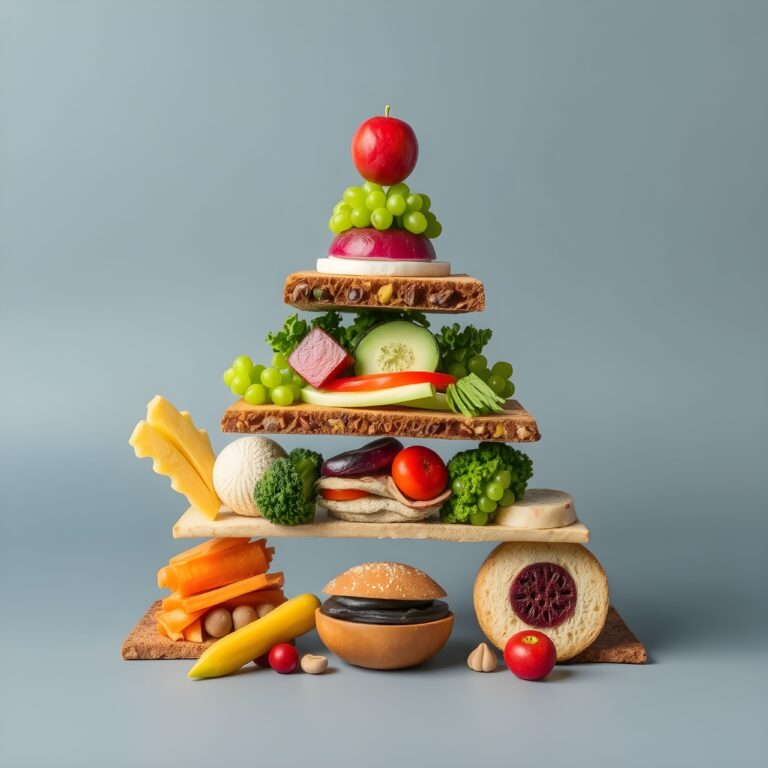When it comes to dieting and weight management, the traditional mantra has often been “calories in, calories out”. However, groundbreaking research on gut health and nutrition suggests that the story might be more complicated. The fact is, not all calories are created equal in the eyes of your gut microbes. The type of calories you consume can have different impacts on your body’s health and weight management due to your gut microbiome’s influence.
The Role of Gut Microbes in Nutrition
Gut microbes, collectively known as the gut microbiome, are trillions of bacteria residing in our digestive tract. These microscopic organisms play a significant role in our health by aiding in digestion, immune function, and even mood regulation. A diverse and balanced gut microbiome is associated with optimal health, while an imbalance (dysbiosis) can lead to various health issues, including obesity, diabetes, and inflammatory bowel disease.
Research indicates that the gut microbiome has a profound impact on how our bodies process food. Different types of microbes are specialized in breaking down different types of nutrients. As a result, the composition of your gut microbiome can influence how many calories and nutrients your body extracts from the food you eat.
Caloric Absorption and Gut Microbes
So, why aren’t all calories created equal in the eyes of your gut microbes? Let’s break it down:
Type of Food: Different foods contain different types of calories, either from protein, fat, or carbohydrates. The composition of these macronutrients in your diet can shape the diversity and population of your gut microbiome. For instance, diets high in fiber can boost the population of beneficial microbes that ferment fiber into short-chain fatty acids, promoting gut health.
Processing and Cooking: The way food is prepared can also change its caloric content and how your body absorbs those calories. For example, cooked food tends to have more readily available calories than raw food. This is because cooking helps break down complex molecules, making it easier for both your body and gut microbes to access the calories.
Individual Variability: Everyone’s gut microbiome is unique, much like our fingerprints. This means the same amount and type of food can result in different calorie absorption in different individuals. Some people may have a set of microbes that are more efficient at extracting calories from food, potentially leading to weight gain.
Influencing Your Gut Microbiome
Dietary changes can reshape your gut microbiome over time, influencing your body’s health and weight management. A diverse diet rich in fiber, fruits, vegetables, whole grains, and fermented foods can encourage the growth of beneficial microbes and promote a balanced gut ecosystem. Regular exercise, adequate sleep, and stress management are also vital for maintaining a healthy gut microbiome.












